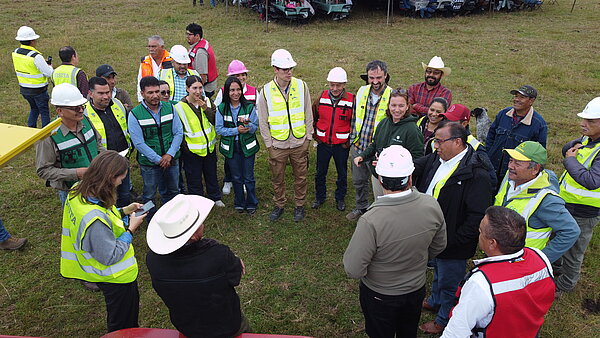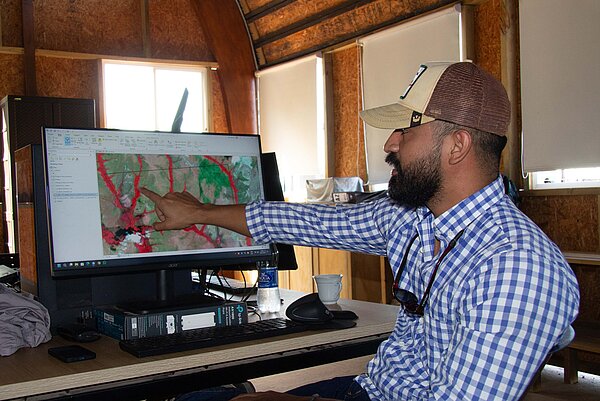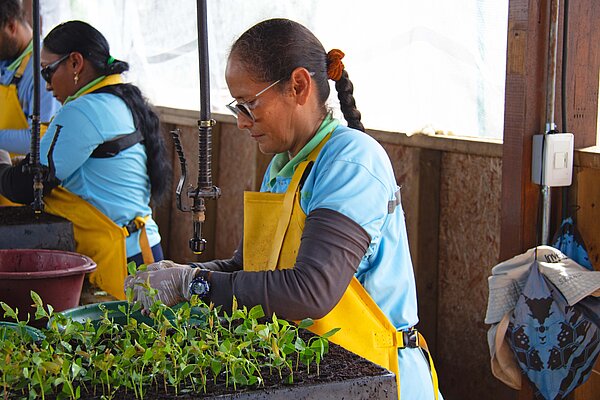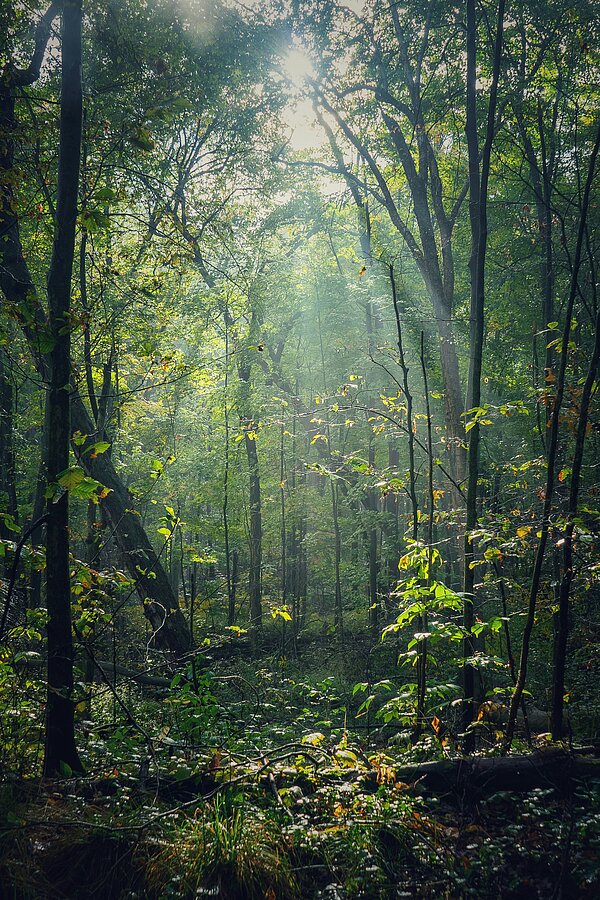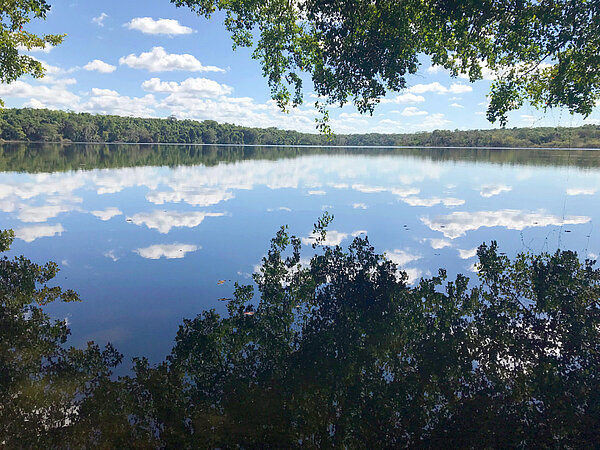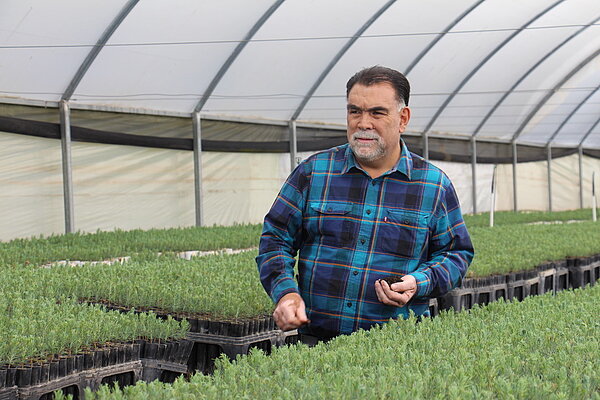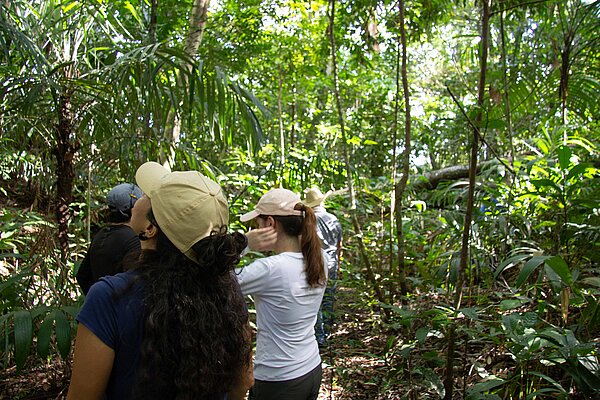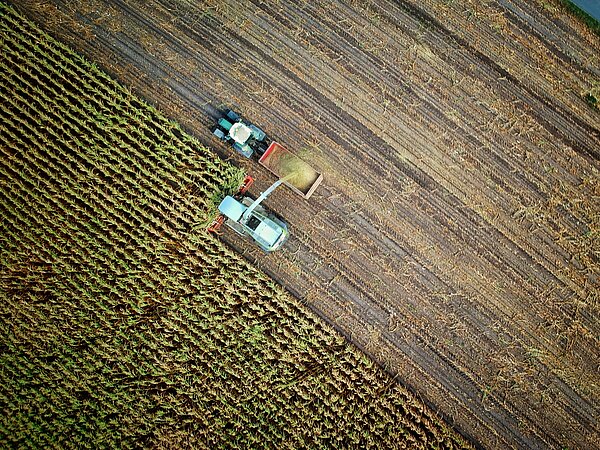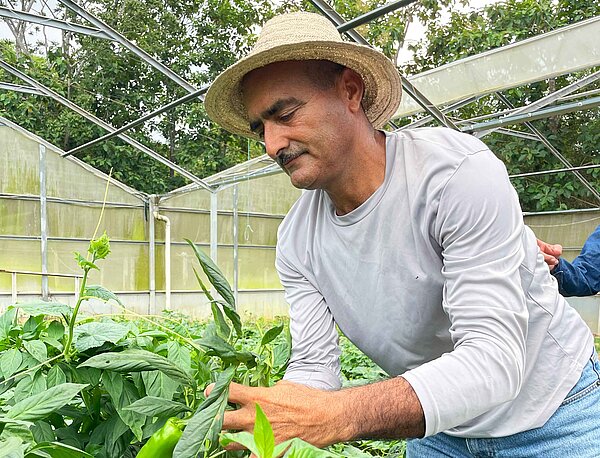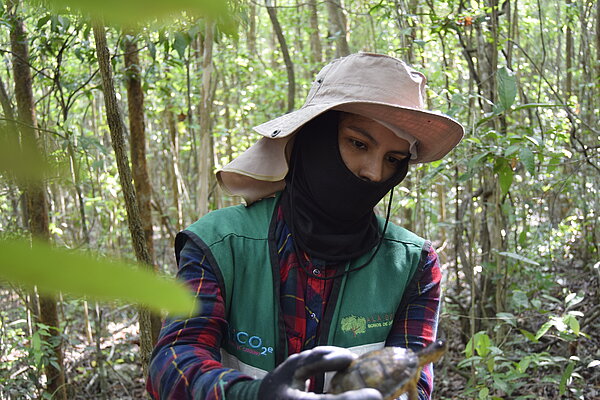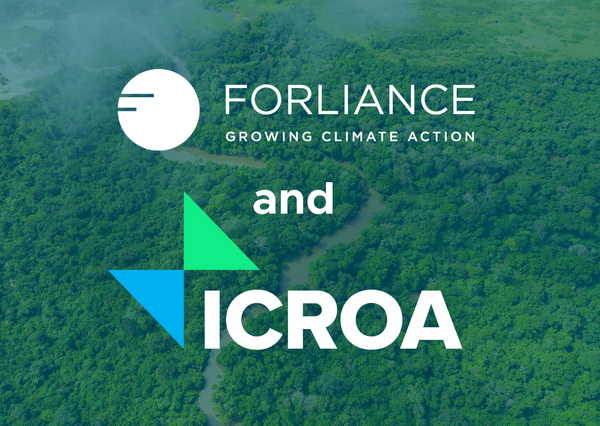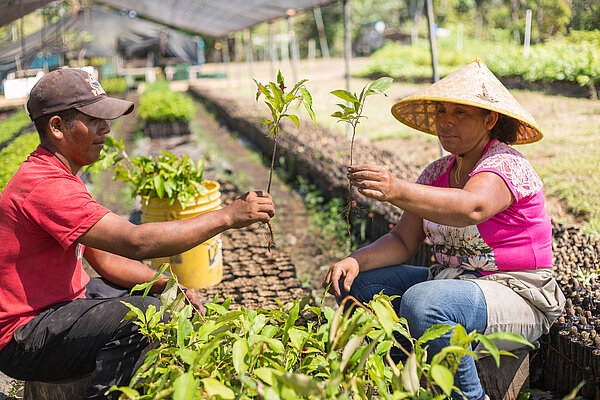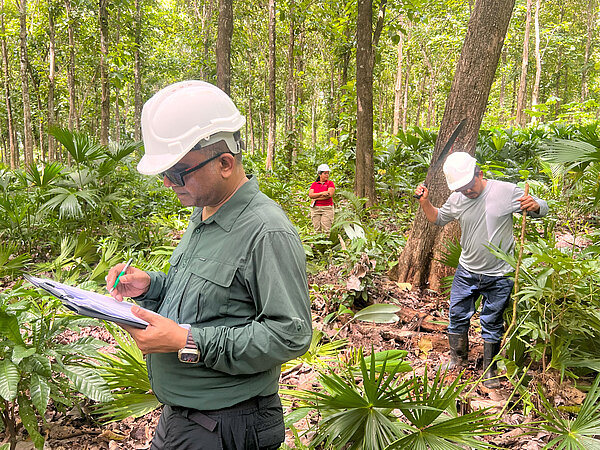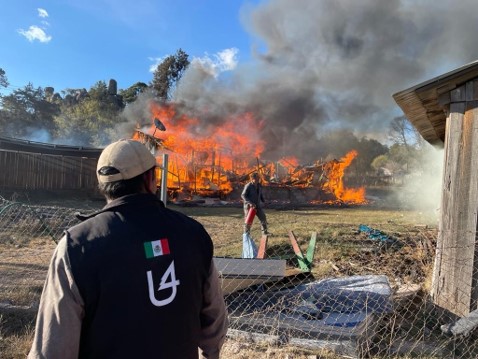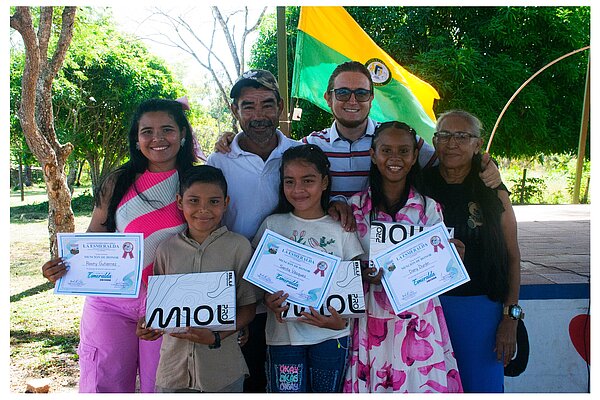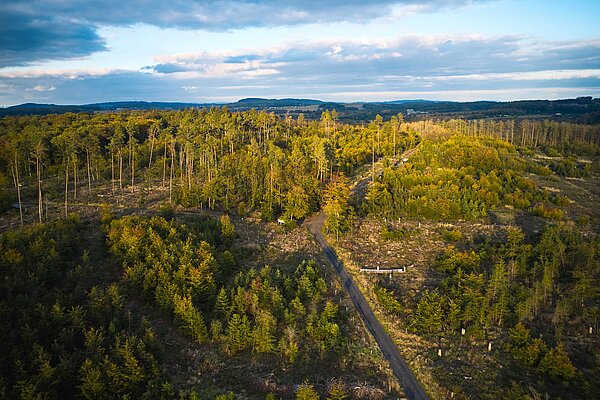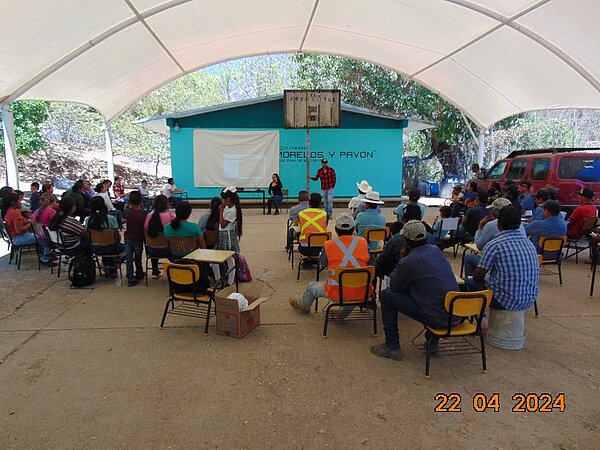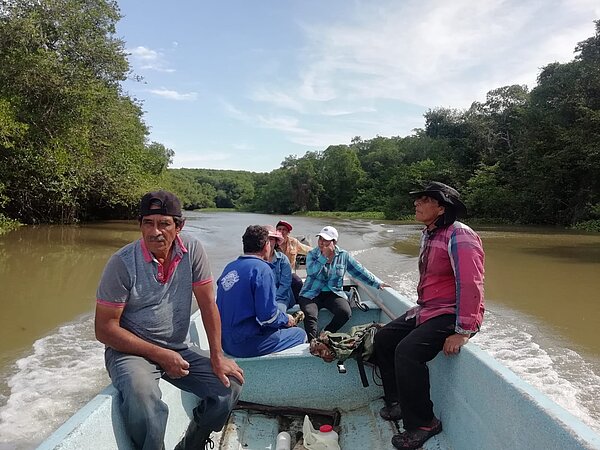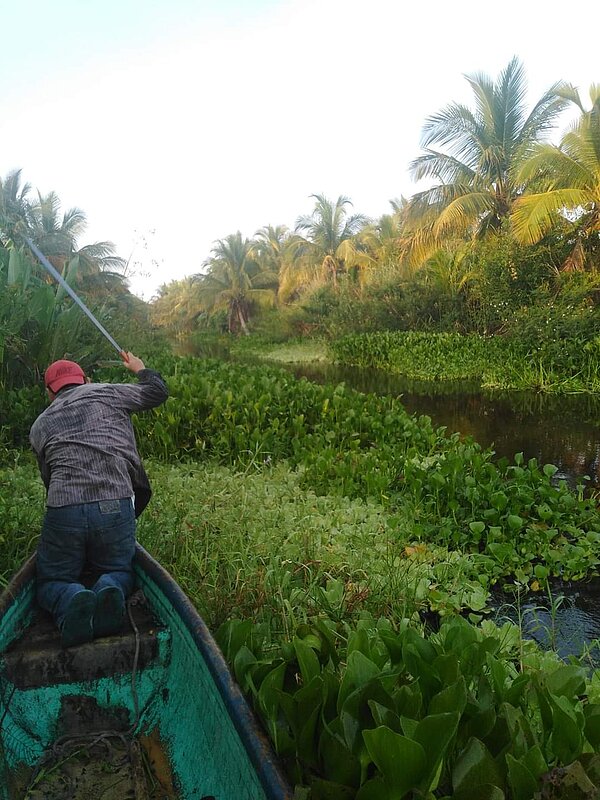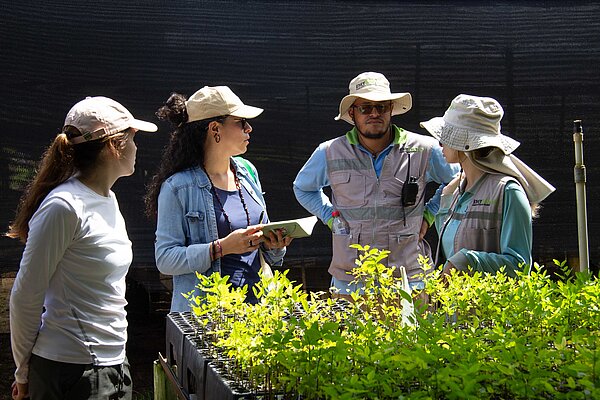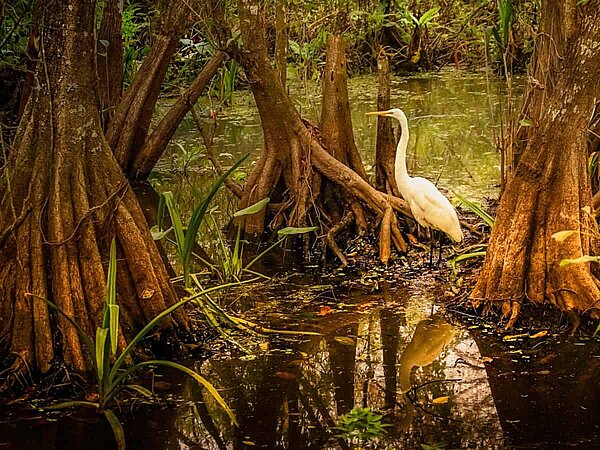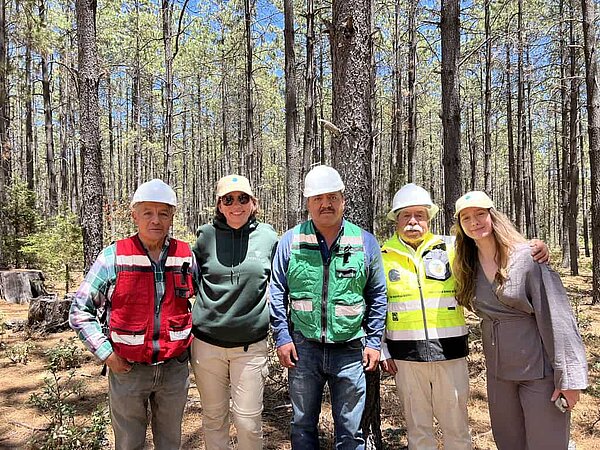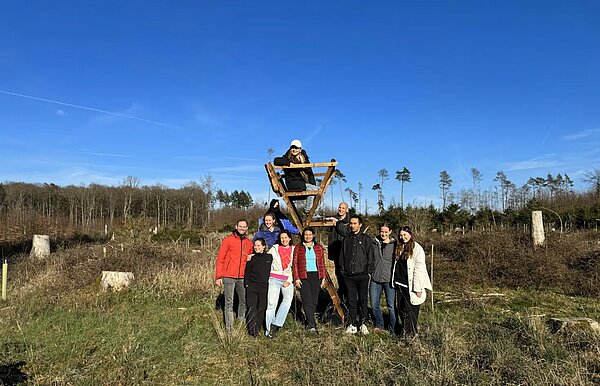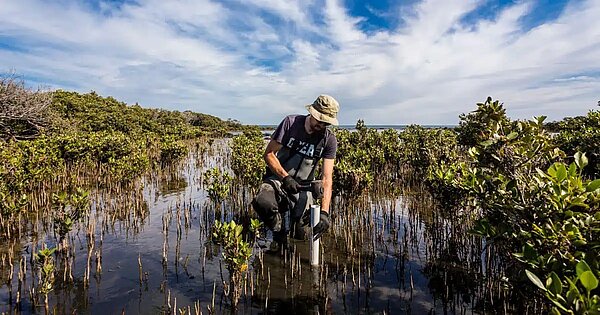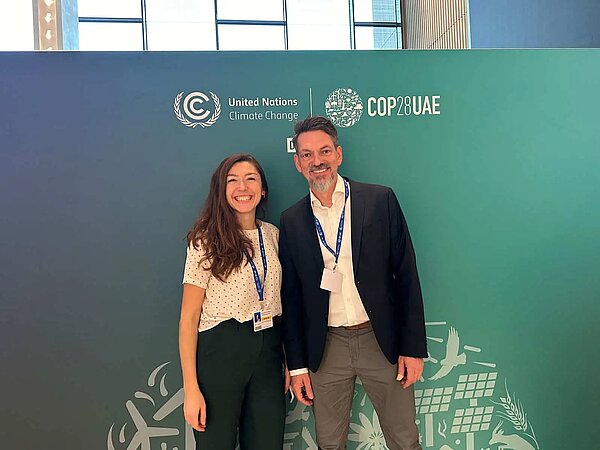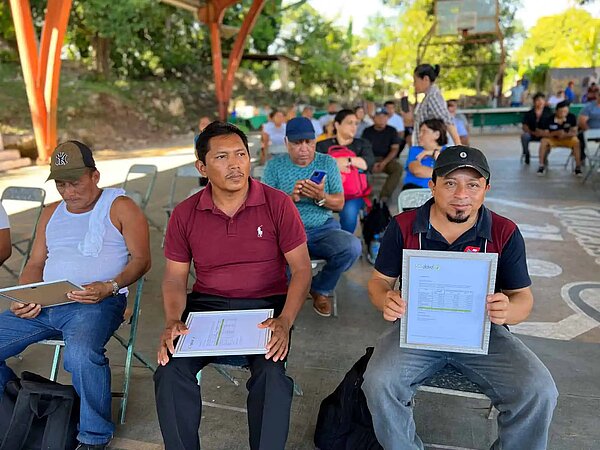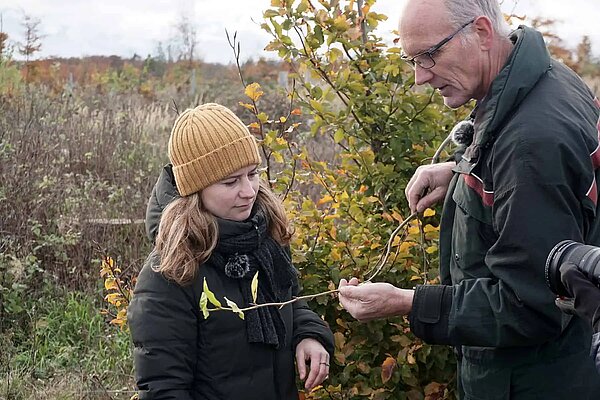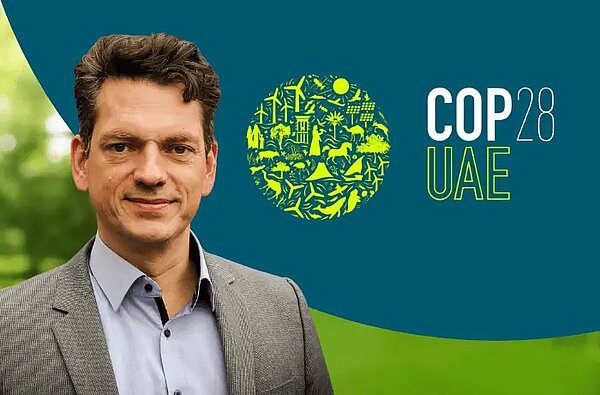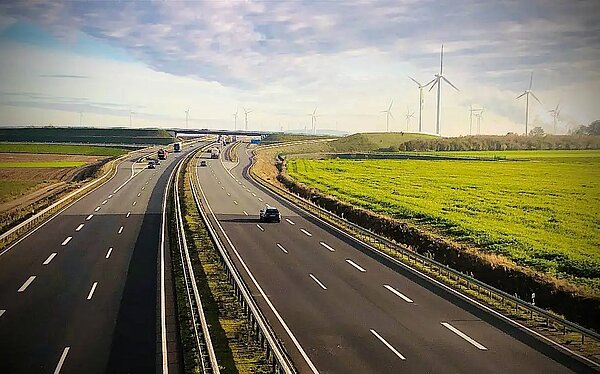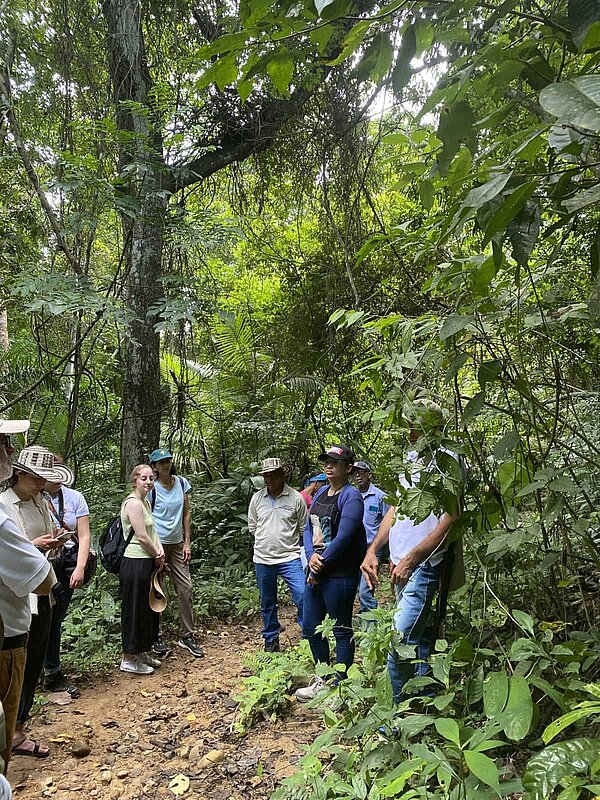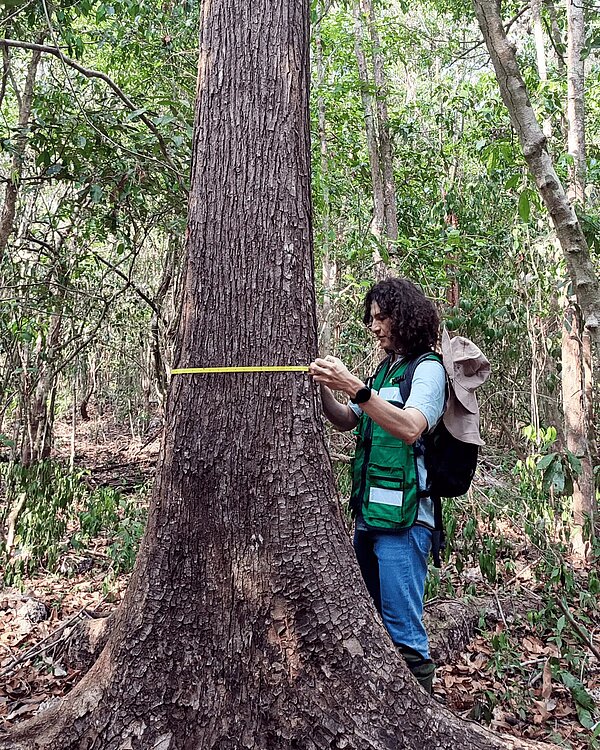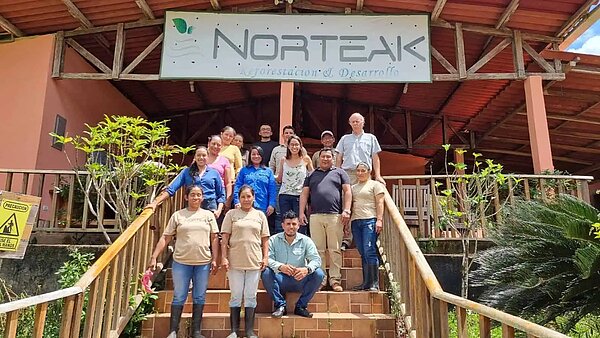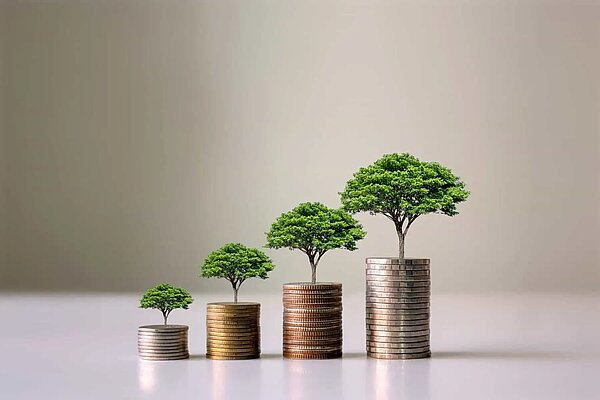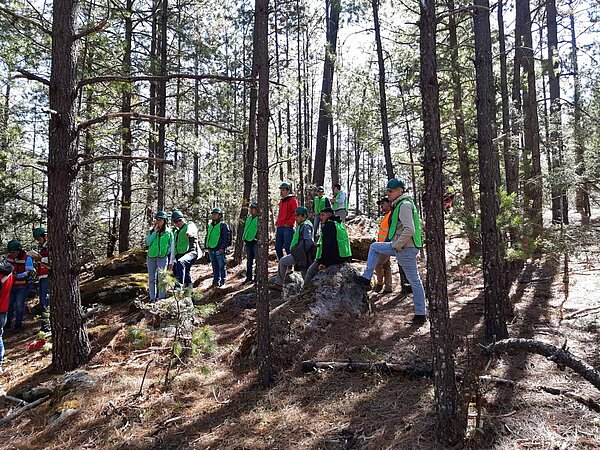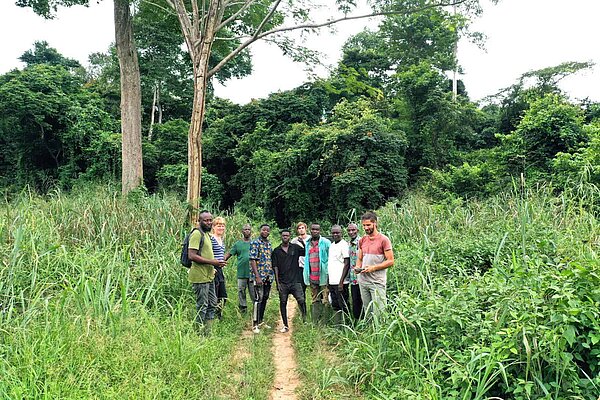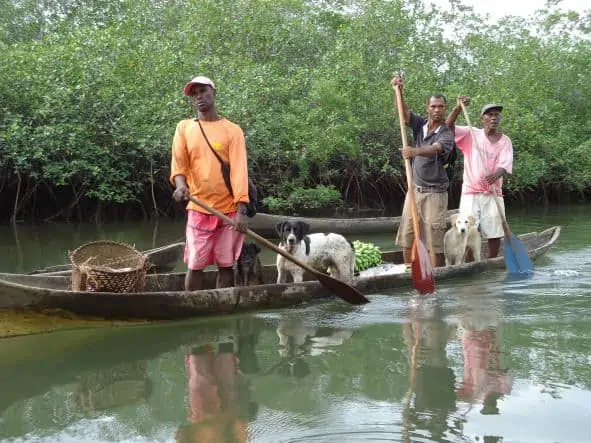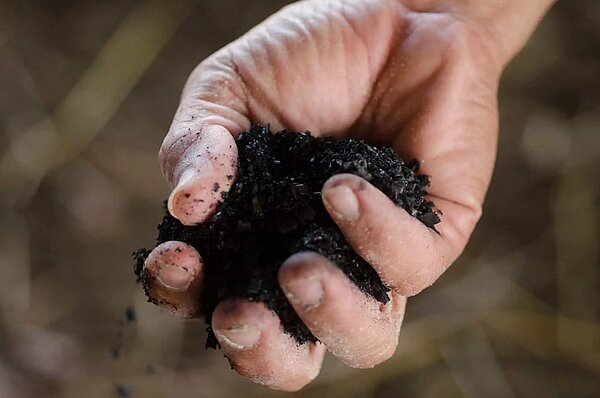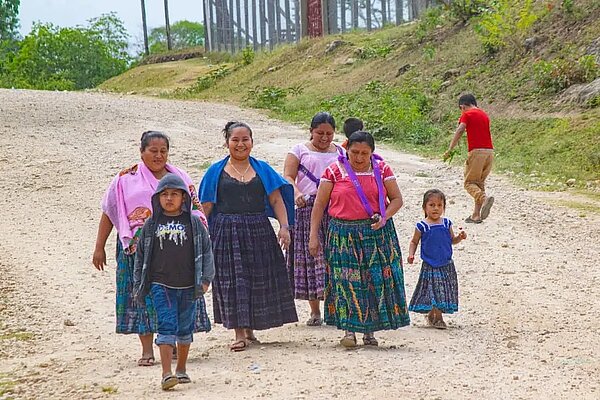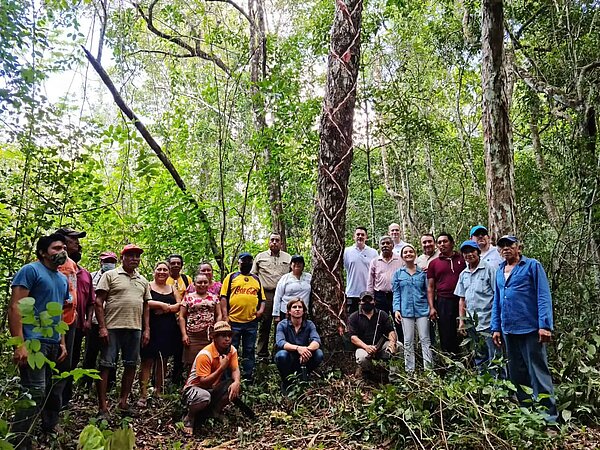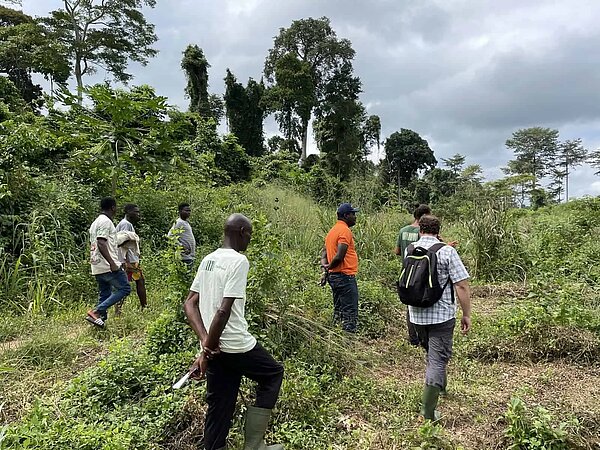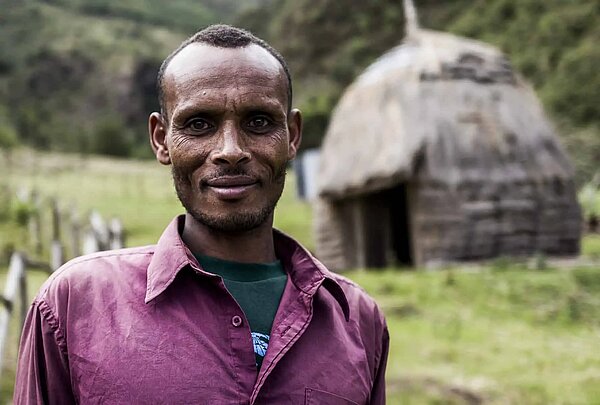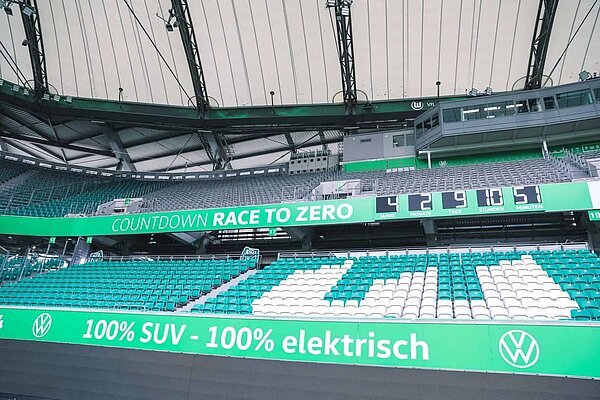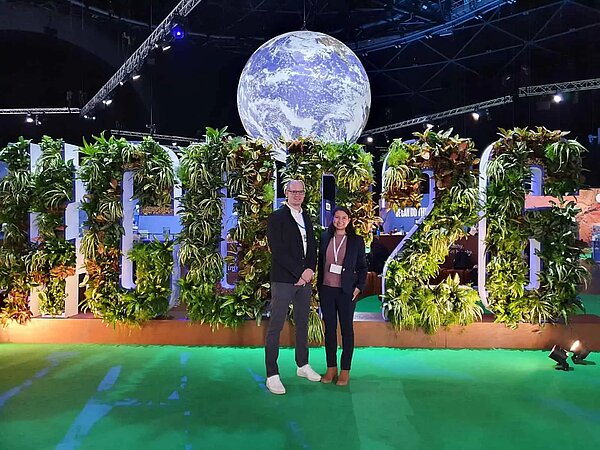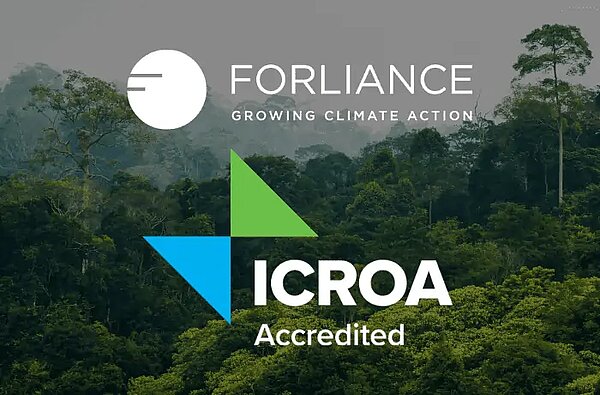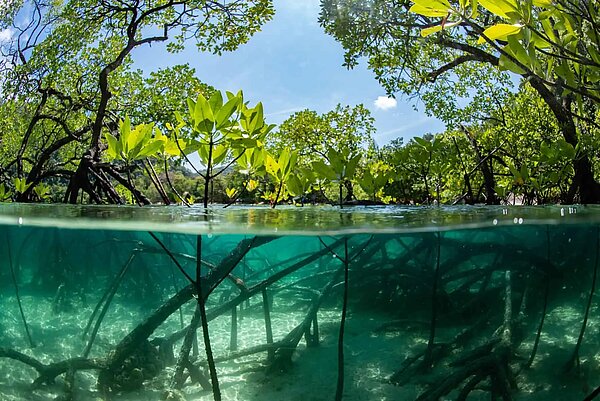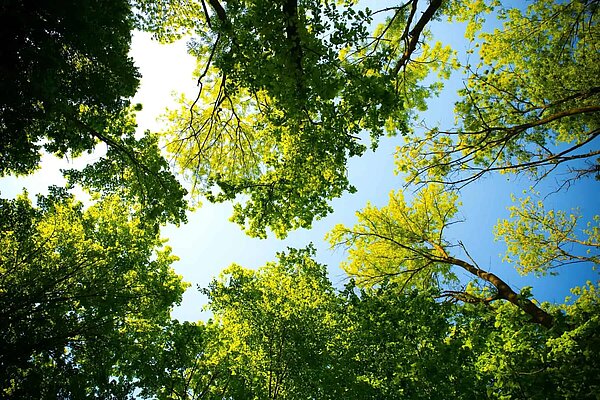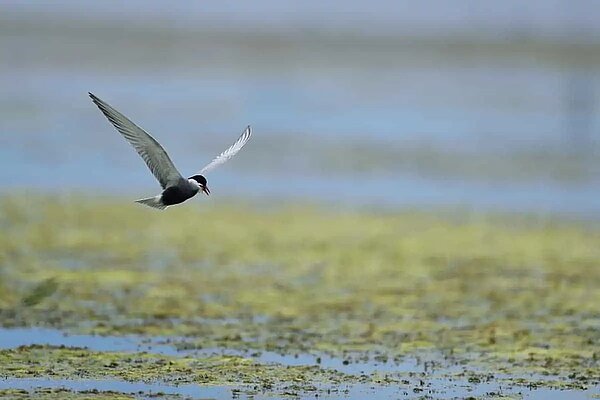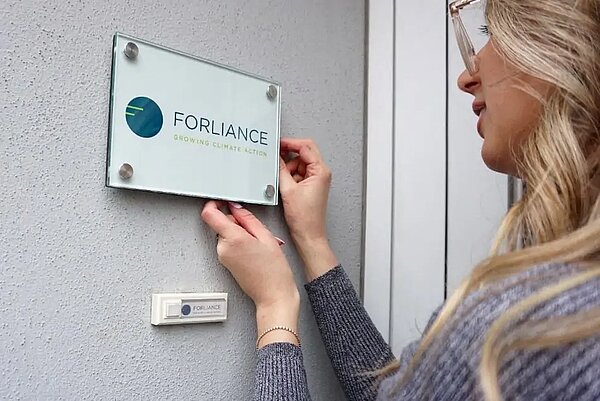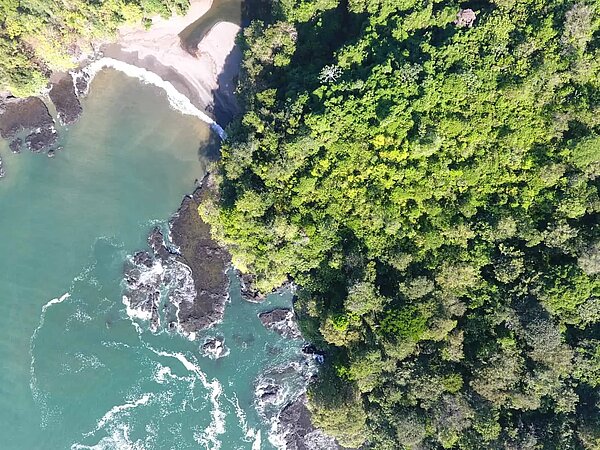Re-Spire: Restoring Resilience to Germany’s Forests
April 23, 2025
Project Updates
Germany’s forests are under pressure. Once considered stable and self-sustaining, they are now increasingly vulnerable due to the accelerating impacts of climate change. Droughts, storms, bark beetle outbreaks, and forest fires have severely damaged large areas, particularly those dominated by non-native spruce trees planted in the post-war era.
The Re-Spire project was created as a science-based, future-oriented response to this challenge. Launched in 2019, it is one of the first forest carbon initiatives in Germany developed according to internationally recognised standards. Its mission is to regenerate climate-resilient, biodiverse forests that deliver real environmental value and measurable climate benefits.
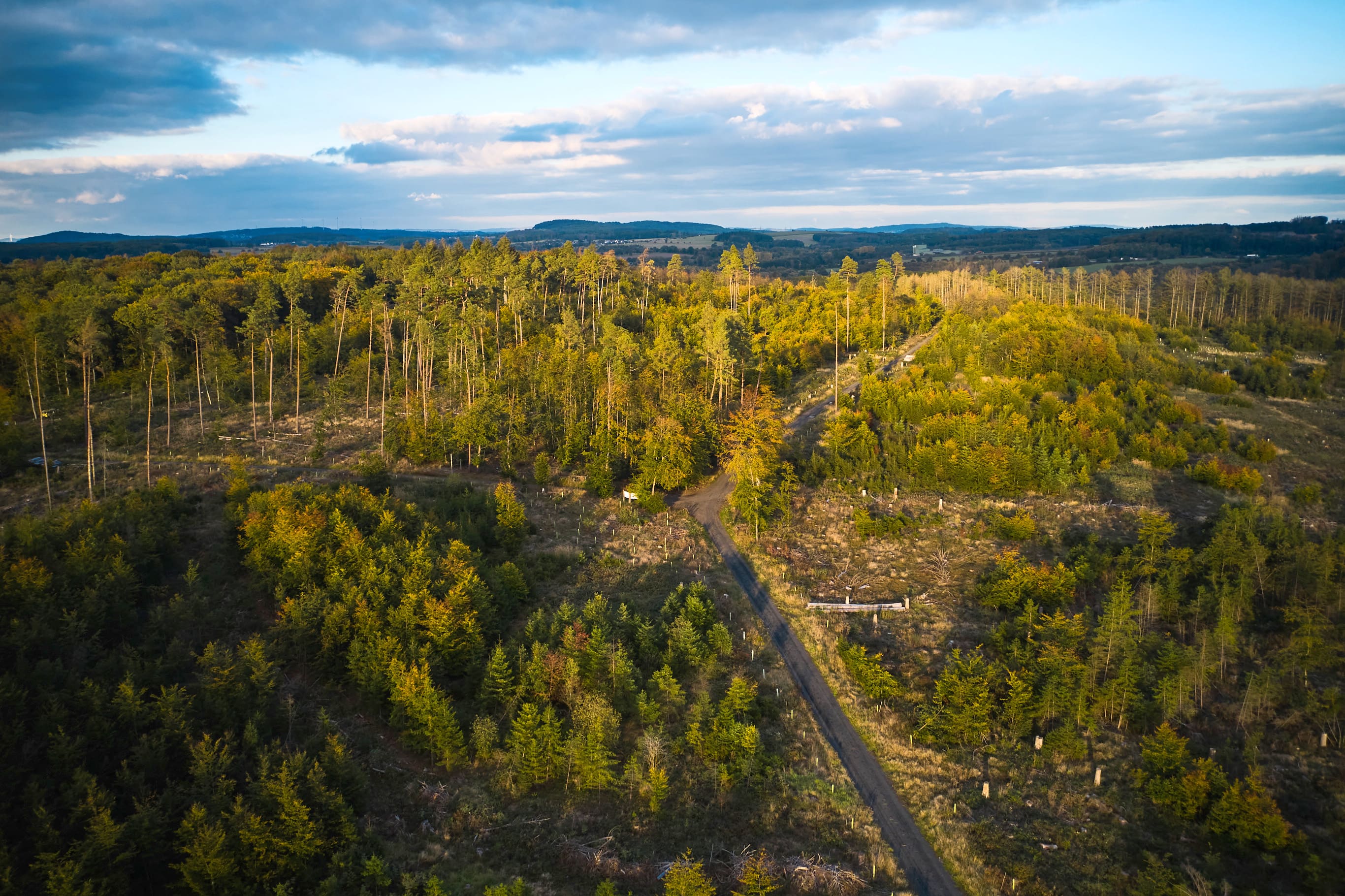
A Smarter, Stronger Forest
The project covers 77.9 hectares of degraded forest area and focuses on restoring ecological integrity through the planting of a diverse mix of 25 tree species. These include beech, oak, maple, fir, larch, walnut, and others, each selected for their adaptability, resilience, and long-term contribution to forest health.
This variety is key. A mixed-species forest is significantly more resistant to the stressors of climate change. It supports healthier soils, more balanced water cycles, and, critically, greater carbon sequestration over time. The result is a forest that is not only more productive but also more stable and sustainable for future generations.
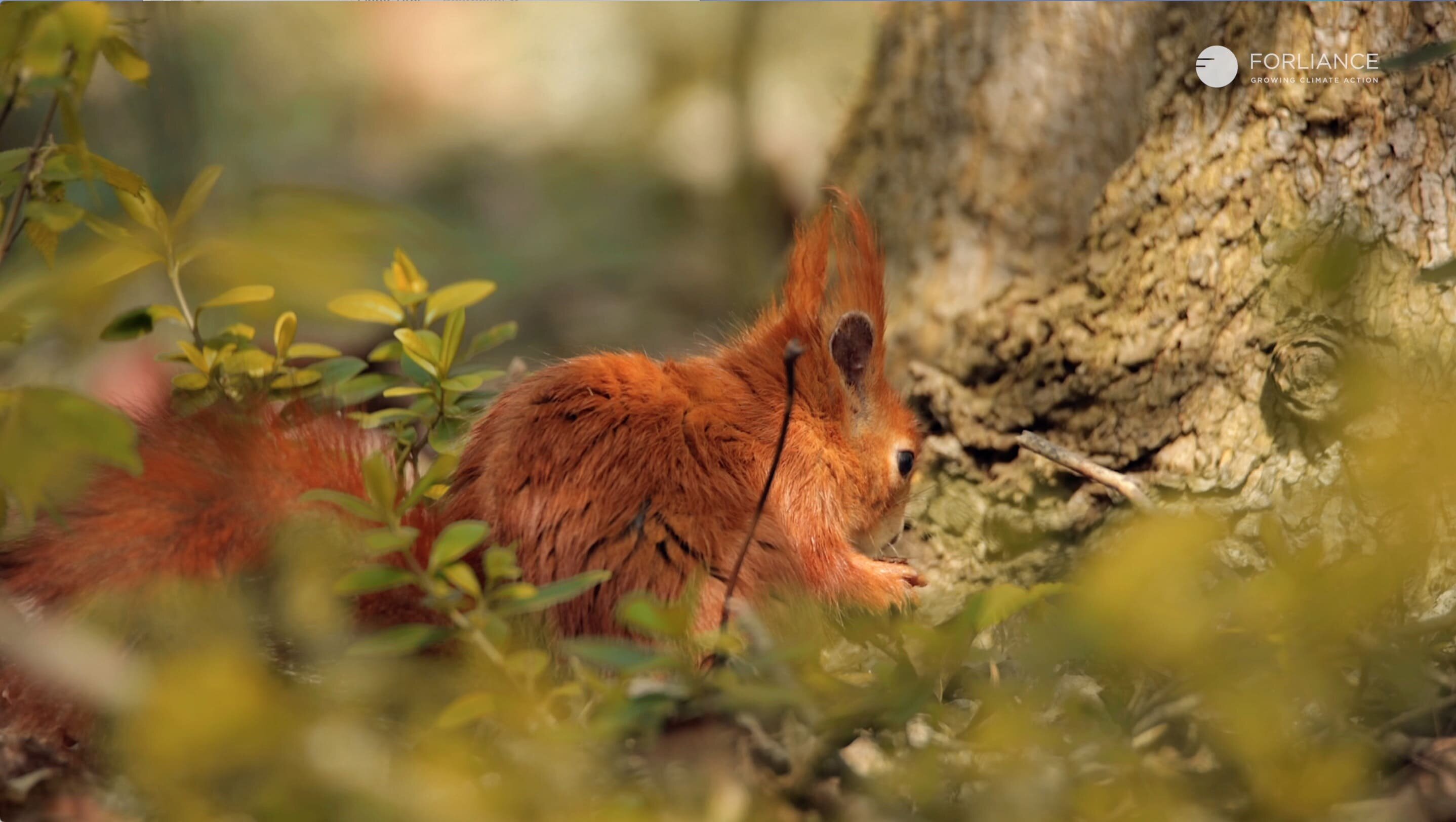
Tangible Impact for Biodiversity and Communities
Re-Spire goes beyond carbon. It enhances biodiversity by restoring natural habitats for native species, including birds, deer, wild boars, bats, butterflies, and pollinators. It also contributes to regional development by promoting sustainable forestry and creating recreational and educational spaces for local communities.
The project is designed to generate impact where it matters most. By restoring native forest ecosystems, the project helps stabilise soils, regulate water and air quality, and provide essential habitats for wildlife, from pollinators and birds to mammals and bats. At the same time, it creates green spaces that support education, health, and well-being within local communities.
This is climate action with direct ecological and social value - measurable, meaningful, and rooted in the German landscape.
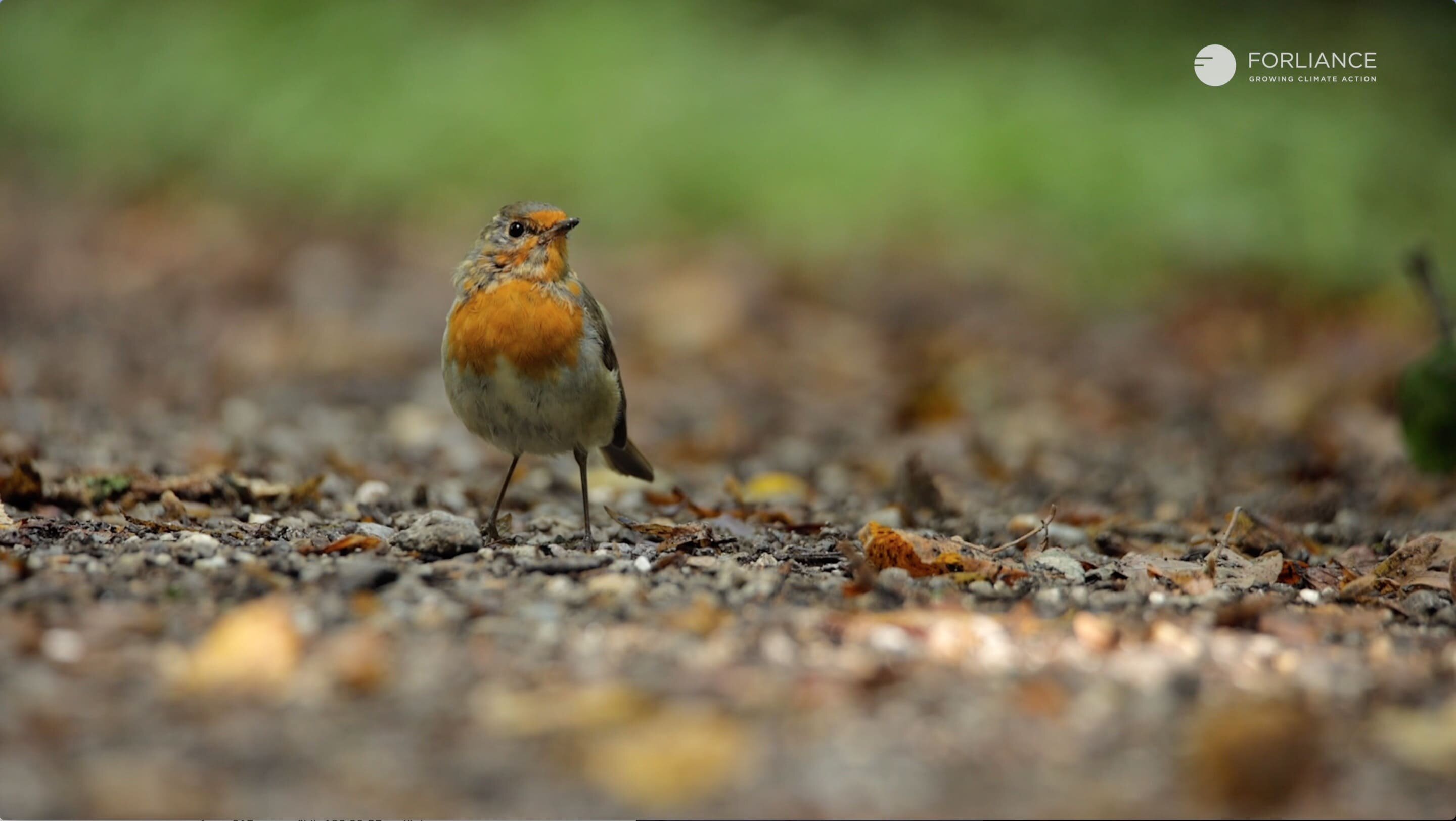
A Carbon Project with Local and Global Significance
Germany lost nearly 500,000 hectares of forest between 2018 and 2021 alone - a stark reminder that the climate crisis is not a distant threat. Re-Spire was developed to reverse that trend, not with quick fixes, but with a model built on scientific rigor and practical experience.
As of now, the project is expected to generate 17,606 tCO₂e of carbon removals by the end of the crediting period in 2058. Of this, 4,222 tCO₂e have already been sold, representing verified removals through 2029.
By purchasing carbon credits from Re-Spire, companies are not only meeting sustainability commitments, but they’re also directly supporting the regeneration of Germany’s natural landscapes in a transparent, certified, and locally impactful way.
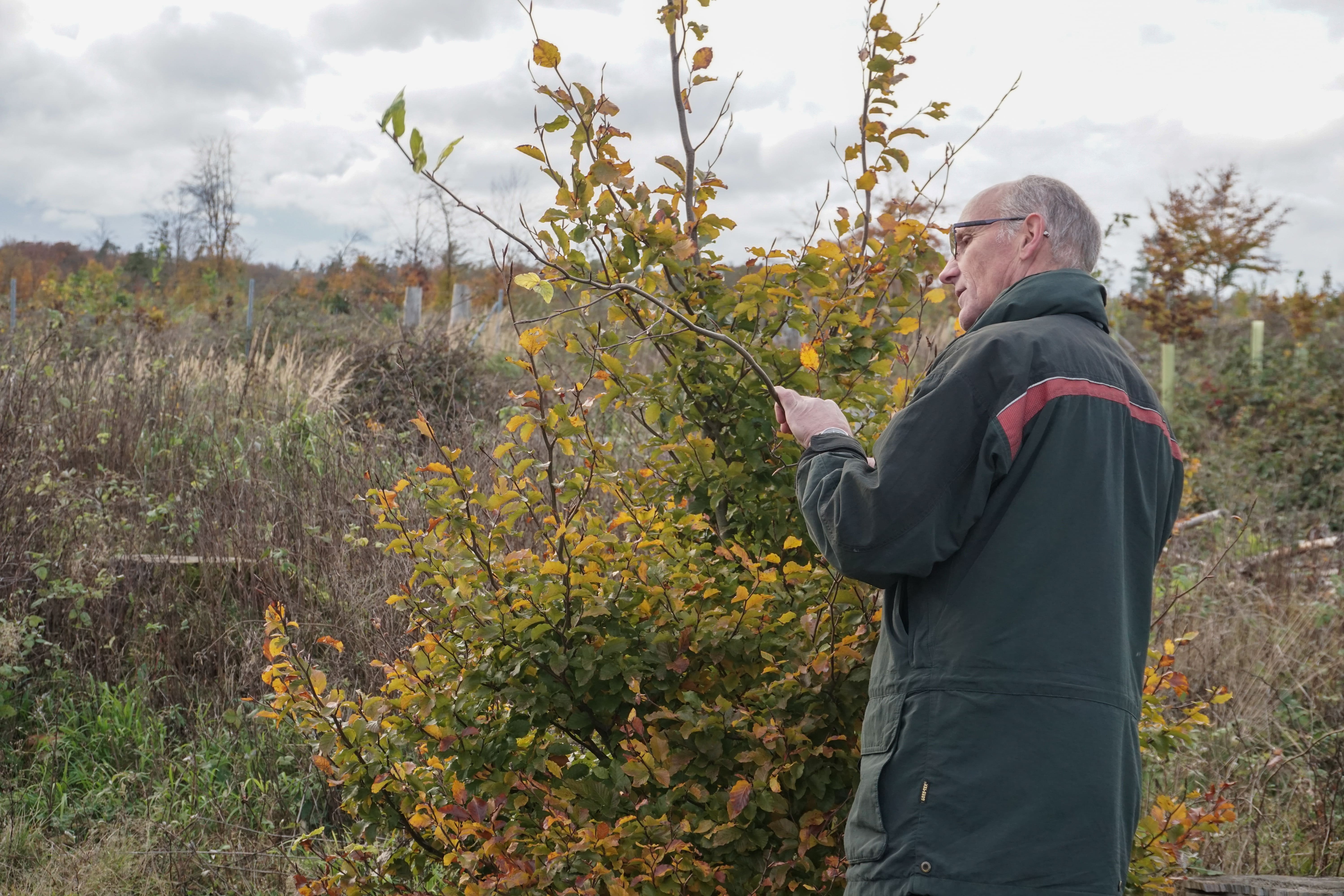
A Reliable Path Toward Climate Responsibility
Re-Spire represents a forward-thinking approach to land use and climate action. It connects global sustainability goals with regional ecological needs. It blends data-driven project management with visible, on-the-ground impact. And it offers corporate partners a trustworthy, high-quality opportunity to invest in the future of forests, of biodiversity, and of our shared climate.
Let's get in touch and find out more about the project from our experts.

